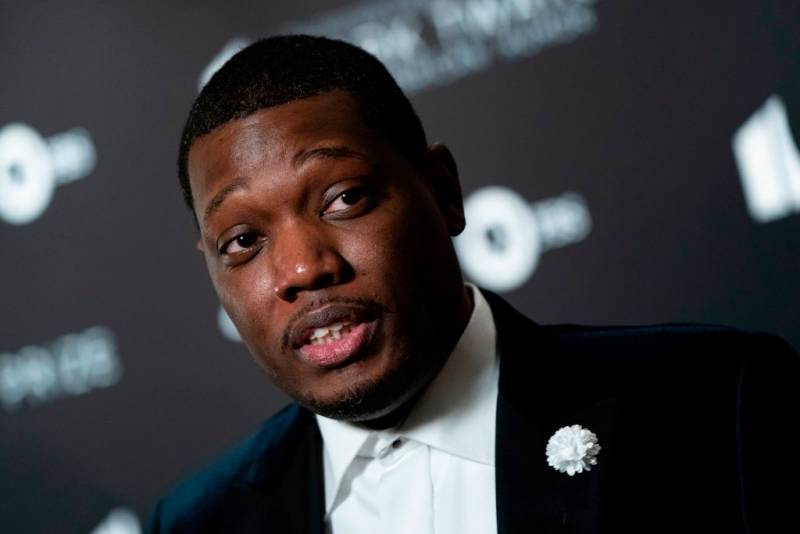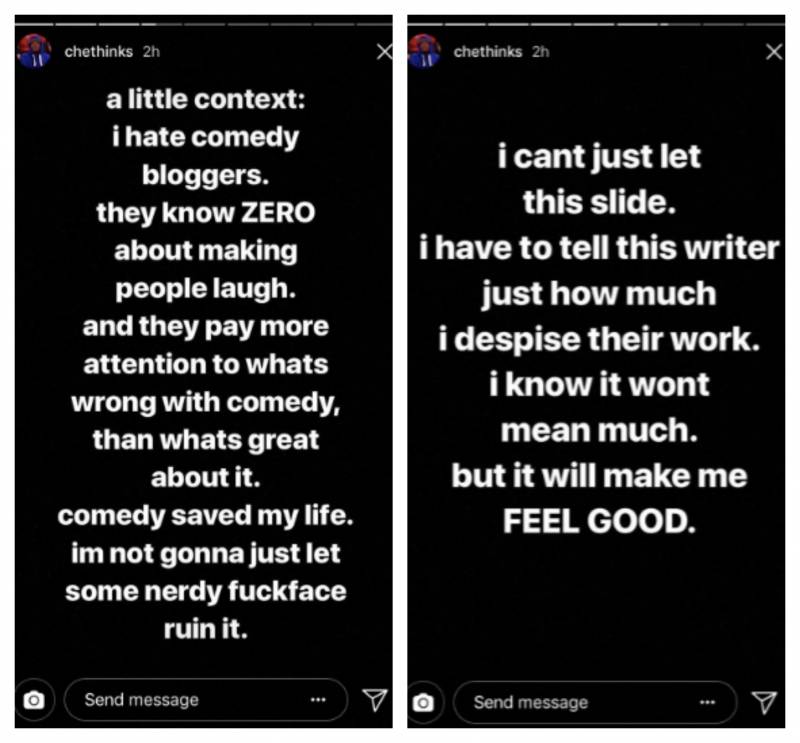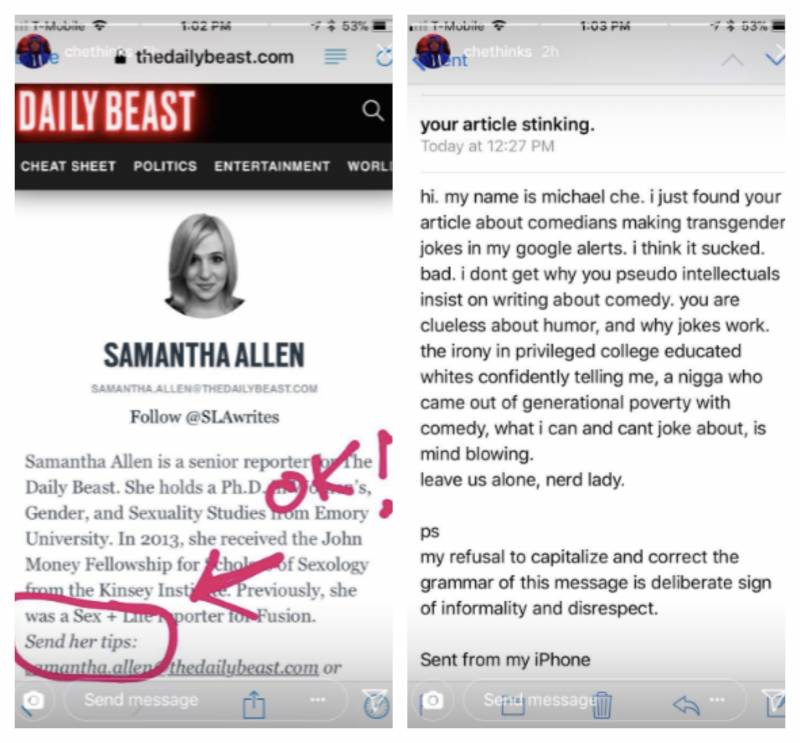The signs have been there for a while. For months now, Michael Che—one half of Saturday Night Live‘s “Weekend Update” team and one of the show’s head writers—has been increasingly punching down in his comedy.
It started slowly. He was a super-likable presence during his brief stint on The Daily Show in 2014, and a welcome addition to the on-screen talent of SNL that same year, after working behind the scenes as a writer.
By 2016’s Michael Che Matters, the comedian had started to walk a fine line that wasn’t quite as successful. In that Netflix special, brilliant material about Black Lives Matter, religion and gentrification rubbed uncomfortably up against jokes making light of street harassment and homelessness, and criticizing the sexual practices of both straight women and gay men. For the most part, though, Che was careful when stepping into offensive territory to first openly acknowledge that he was doing so, and second, to make a larger point in order to justify it.
In one particularly infamous bit, the comic used a transgender slur. “I just recently stopped using the word ‘tranny’ because a trans friend of mine told me how much it hurts,” he said. “I was like ‘What? How the f–k is ‘tranny’ hurtful? I just added a Y!’ … She was like ‘How would you like it if I called you ‘blacky’? Well played, tranny. Well played…” Is it difficult to hear Che use this language? Of course. But at least he did so in the course of drawing connections between marginalized groups, and trying to help one understand the other.




